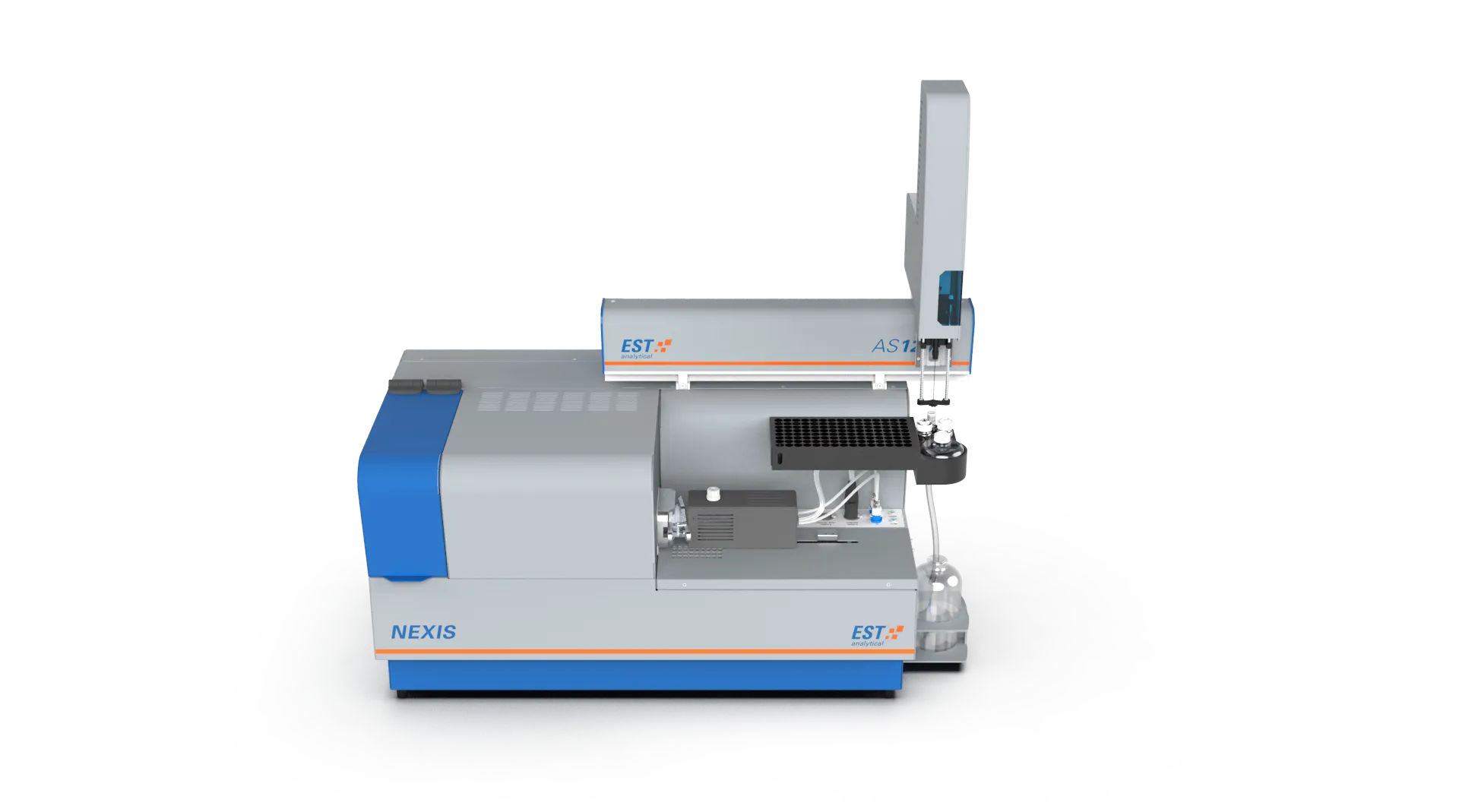Total Chlorine In Bio-Feedstock Oils

Waste generated by agro-food industries results in total chlorine in bio-feedstock oils and environmental contamination. Therefore this impacts the costs involved in controlling and reducing this harmful environmental effect through stringent legislation.
The generation of bio-energy and availability of renewable fuels as a biodegradable source will help to lighten the environmental pollution grade and also be introduced and implemented in many countries. Exhaust emissions of sulfur oxides, nitrogen oxides, carbon monoxide and unburned hydrocarbons are significantly lower with biodiesel usage in comparison to mineral diesel, which can dramatically reduce the impact on the environment. The presence of total chlorine in bio-feedstock oils in these types of products can negatively affect the lifespan and effectiveness of catalyst material used in the process of biodiesel production. Consequently the regular chlorine concentrations of the refined biodiesel and animal fat raw materials are at trace ppm level. These are determined quantitatively by oxidative combustion micro coulometric detection technique. This Application Note describes the principle, procedure and performance data of a total chlorine in bio-feedstock oils using the EST NEXIS TX Analyzer in accordance with ASTM D4929.
Our Impact
EST Analytical has been helping labs achieve their analytical goals for over 30 years. Our vision is to engineer reliable laboratory instruments that enable partners to make the world a better place.
To help labs excel we offer Application Notes across our entire product line. They are a resource that explains the technology, performance, and abilities of our products as used against certain methodologies and or applications.
Whether your needs center around a USEPA method, an ASTM Standard, or a sample matrix-based outcome EST has you covered. If you don’t see the technical direction you need, simply contact us. We also offer sample analysis in our onsite Applications Lab.




